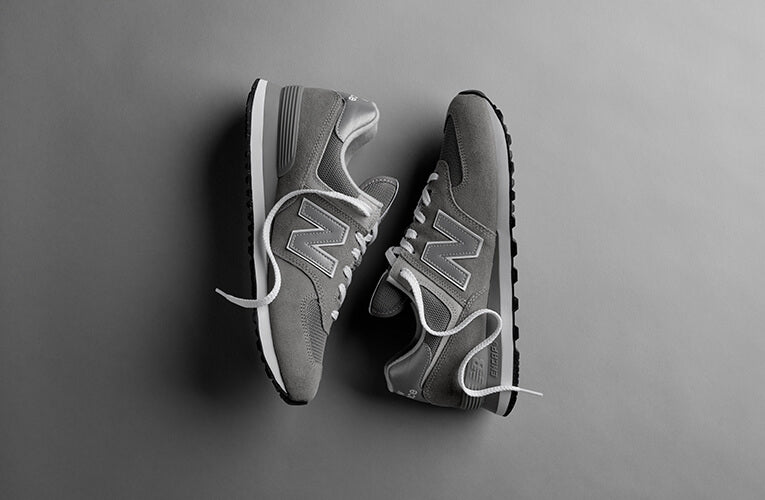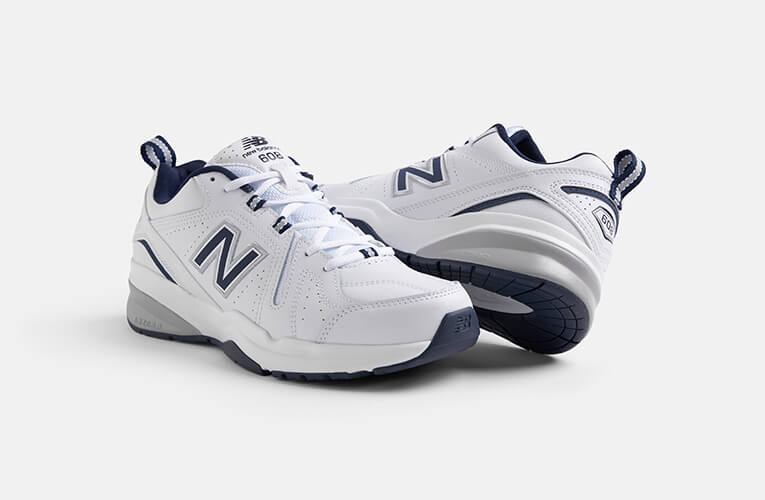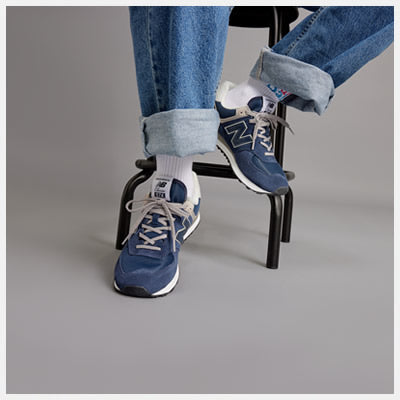Shoes for diabetics
People living with diabetes are at higher risk for health issues affecting their feet. If you have been diagnosed with this disorder, you’ll need to understand that you will be at risk for absence of sensation and poor circulation in your lower extremities from now on. You may have difficulty being aware of whether your shoes fit you properly, and it’s a good idea to make sure that you have them measured and fitted each time you buy a new pair. Keep reading for help and advice for shoes for diabetics.
What Features to Look for in Shoes for Diabetics
Soft Leather Uppers
Since leather is a flexible material, it is the best choice for shoes if you have diabetes. If you develop a foot problem, it is less likely to rub against your foot, which will only worsen it.
Lace-up Shoes or Ones with Adjustable Straps
At first thought, it may seem as though a slip-on style would be best for diabetic feet since they are easy to get on and off the foot. Comfort is a consideration, but you also want to choose footwear that fits well and provides a good level of support when you are going about your everyday activities.
Cushioned Sole
Look for a shoe that has a well-cushioned sole, as opposed to a thin leather one. You’ll want to choose footwear with good shock absorption to cushion your feet with every step you take. You may not be as aware when you are getting blisters or minor injuries to your feet. Left untreated, they can become infected and lead to more serious health concerns.
Firm Back of the Shoe
The back of the shoe should be firm enough so that it does not collapse to either side. You’ll want to find a style that provides a good level of support for the back of your foot.
Wide Fit Shoes
Shoes should provide a snug fit, without being too tight. Shoes that are too narrow can squeeze and press the toes against them, increasing the risk of bunions, blisters, corns and calluses. Wide fit shoes are a much better choice, since they are much less likely to cause any type of damage to the foot.
Extra Depth
Look for shoes with extra depth. If you do develop a foot issue requiring treatment from a podiatrist, you will have enough room in your footwear in which to insert a special insole or pad with which to relieve pressure on the vulnerable part of your foot.
4 Tips for Buying Shoes for Diabetics
-
Don’t shop for shoes first thing in the morning
A much better choice is to look for footwear late in the afternoon, since your feet naturally swell as you walk on them throughout the day. If you have been told you have heart or kidney issues, as well as diabetes, this is especially important, since swelling will become more pronounced in the lower legs, feet and ankles as the day progresses. You will want to make sure that your shoes will feel comfortable, without showing any obvious signs of pinching your feet.
-
Examine the interior of the shoes carefully before you buy them.
Look for anything rough or sharp, such as seams or stitching. They can rub or break the skin, leading to cuts or scrapes on your feet. You’ll want to avoid anything that has the potential to make a mark on or puncture your skin when choosing shoes for diabetics.
-
Wear the socks you plan to wear with your new shoes when shopping
Since socks (check out the best diabetic socks here) are available in different thicknesses depending on the make, it’s important to have your shoes fitted with the specific type you plan to wear. Otherwise, your new shoes may not fit properly. Wearing a pair of socks that is significantly lighter or heavier with your shoes can make a difference in the way they fit.
Examine your socks regularly and dispose of ones that have become old or worn out. Choose socks made from cotton or natural fibres, as opposed to nylon, whenever possible. You can buy special socks for diabetics that are “all in one”; they do not have a toe seam or a casting off knot at the end of it which can rub against the toes, causing irritation.
-
Make sure you have enough room from the end of your longest toe to the tip of the shoe
Make sure that there is approximately half a thumb’s width of space between end of your toe and the tip of the shoe. This will give you enough room in the shoes to avoid rubbing and pinching your toes.
If you are looking for a good selection of shoes for all occasions, including casual and business wear, Wide Fit Shoes have several styles of shoes for diabetics, and you can use our handy online measuring guide to ensure you get the right size before you order. Check out our range of Men’s Diabetic Shoes by visiting the highlighted link. Or view our velcro trainers.
5 Facts about Diabetes
-
Type 2 diabetes accounts for 90% of all diabetes cases globally
Type 2 Diabetes is by far the most common type of diabetes and is becoming increasingly prevalent. Also known hyperglycaemia, it is caused by excessively high blood sugar levels. It requires regular treatment with insulin to bring sugar levels to normal levels. It normally develops in adults but is becoming increasingly common in children due to poor diet.
-
One type of diabetes, called gestational diabetes, occurs in the womb during pregnancy
Women can develop diabetes during pregnancy. Gestation diabetes can occur to any woman regardless of whether they suffer from diabetes before pregnancy or not, and it doesn’t necessarily mean they will have diabetes afterwards. Studies show that 9% of women develop gestational diabetes. The onset of diabetes during pregnancy is due to hormonal changes that affect the amount of insulin produced by the pancreas. As hormones return to normal levels post-pregnancy, gestational diabetes often abates.
-
Approximately 1/3 of all people with diabetes do not know that they have it
This is potentially dangerous because even though there are no visible symptoms, the pancreas will work over time to create more insulin to cope with the increase in blood sugar levels. This constant overdrive of insulin production can harden blood vessels and cause strokes, heart attacks and kidney disease.The danger is that significant damage can be done to the kidneys and blood vessels before people realise they need treatment.
-
Diabetes can cause blindness in adults
There are a range of eye conditions caused by diabetes that can result in blindness. One is called retinopathy which is bleeding of the blood vessels in the eye. Another is macula edema which is swelling of the retina. Other eye complications include cataracts and glaucoma. Diabetes used to be the leading cause of blindness in adults but due to advances in treatment, diabetes related eye conditions are more easily controlled.
-
The symptoms of diabetes in obese people can be controlled through bariatric surgery
Obese people are very susceptible to diabetes though this can be combatted by weight loss. If patients cannot lose the weight normally, surgery is an option. The decrease in weight can lower blood sugar levels and tackle some of the problems caused by diabetes. The more overweight a person is, the more likely they are to develop diabetes, especially if the weight is centred round the stomach. This, amongst other reasons, is why diabetes sufferers are strongly encouraged to exercise regularly as it tackles the causes and symptoms.
















